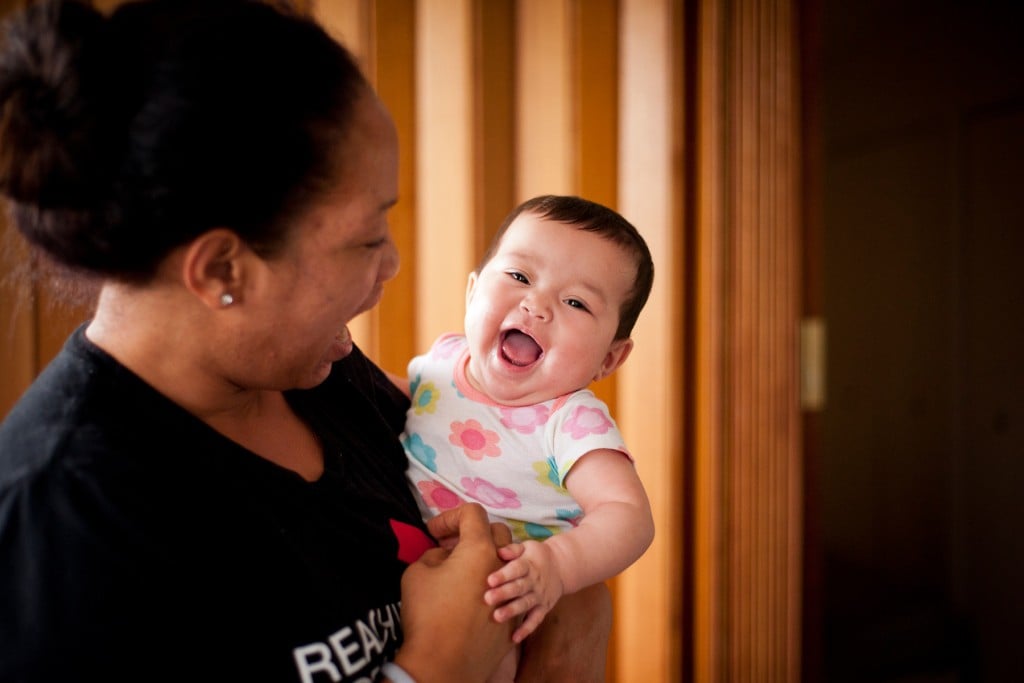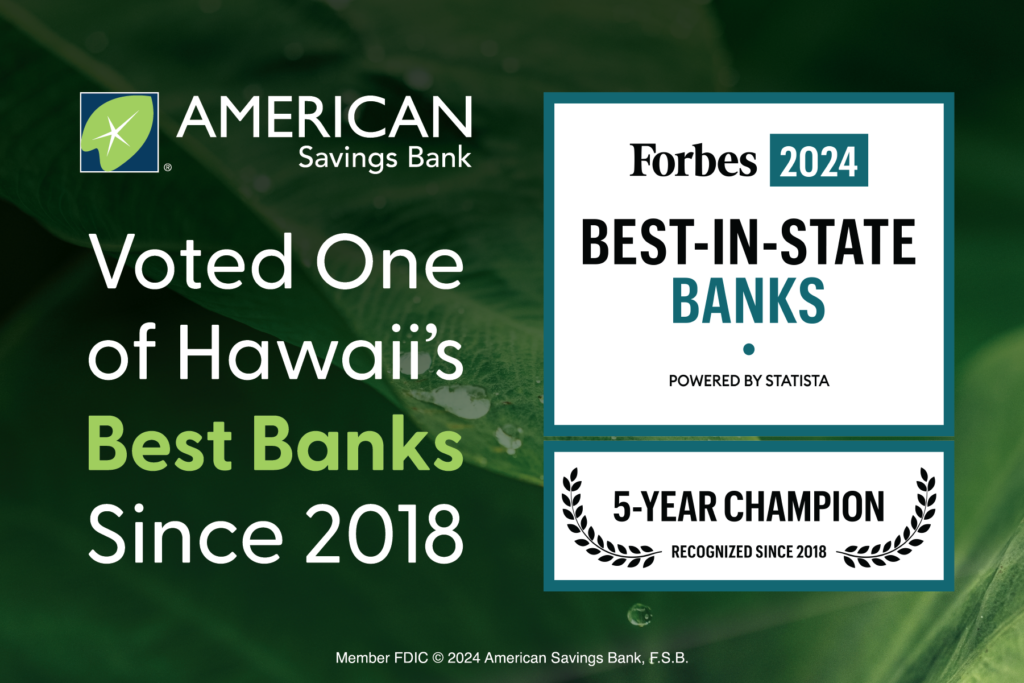Protecting the Mental Health of Hawaiʻi’s Children
Hawaiʻi Community Foundation's Promising Minds Initiative is supporting the healthy development of vulnerable young children in Hawaiʻi.

An Oʻahu teacher sits with a 4-year-old and her parents, and asks, “If you were 100-percent successful in making the changes that you want, what would be different in your family?” The parents look at each other, considering the question. What this preschool teacher is doing is called motivational interviewing, a method to find out more about each student’s life to address their needs. It’s just one of the techniques used to support children who may have experienced adverse childhood experiences.
Research indicates that the first few years of a child’s life are key to healthy brain development and emotional connection. Infants and young children can be negatively affected—sometimes for a lifetime—when significant stressors threaten their family and caregiving environments. Unfortunately, childhood and family-related trauma and stress in Hawai‘i have been on the rise in recent years: Nearly half of all Hawai‘i children (46 percent) experience Adverse Childhood Experiences (ACEs) at some point. These could include things such as experiencing violence, neglect, or growing up in a household with substance abuse or mental health problems.
These experiences don’t have to define one’s life, but in Hawai‘i, early care providers have found that too many children do not get the screenings, support, or treatment needed to help protect them against challenges down the road.
Untreated trauma can lead to increased risks for poor physical and mental health and alcoholism and drug abuse, early death, as well as increased state spending across multiple programs, linked to societal costs of approximately $200,000 per child.
To help turn things around, in March 2019, the Hawai‘i Community Foundation launched Promising Minds, an initiative dedicated to improving early childhood behavioral health in Hawai‘i.
HCF program director Justina Acevedo-Cross explains, “By investing in our children today—especially those at risk of trauma, abuse, and neglect, or dealing with their aftereffects—you can really set them up for success in school, and even further down the road as an adult.”
She says the Promising Minds initiative uses a three-pronged approach: expanding children’s mental health services, improving coordination between pediatricians and community mental health specialists, and making sure we have the workforce we need so that timely access to care is available in all parts of the state.
Since the launch of the initiative, Promising Minds has achieved significant progress toward its goals. Notable milestones include:
- The passage of a state bill creating a Department of Health (DOH) Trauma-Informed Care Taskforce
- 90 people trained as front-line workers equipped to respond in real time to children’s mental health needs, using trauma-informed practices
- 39 child-serving mental health professionals trained with new expertise through the Promising Minds Fellows Program
Acevedo-Cross says there’s still a lot of work to be done, but also a huge potential benefit in store for Hawai‘i’s children: “We believe if organizations, agencies, and practitioners adopt a trauma-informed stance, the whole system will shift so that early adverse experiences are non-stigmatized and every child receives the support they need to be set up for success.”
To learn more about the Promising Minds Initiative visit, HawaiiCommunityFoundation.org/Strengthening/PromisingMinds






